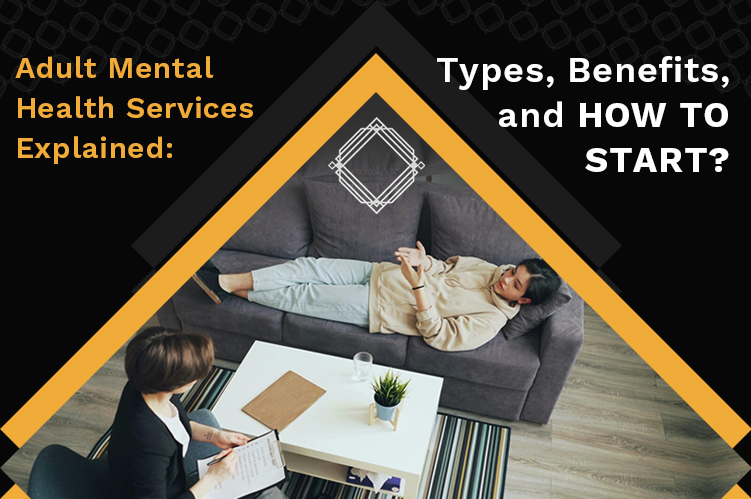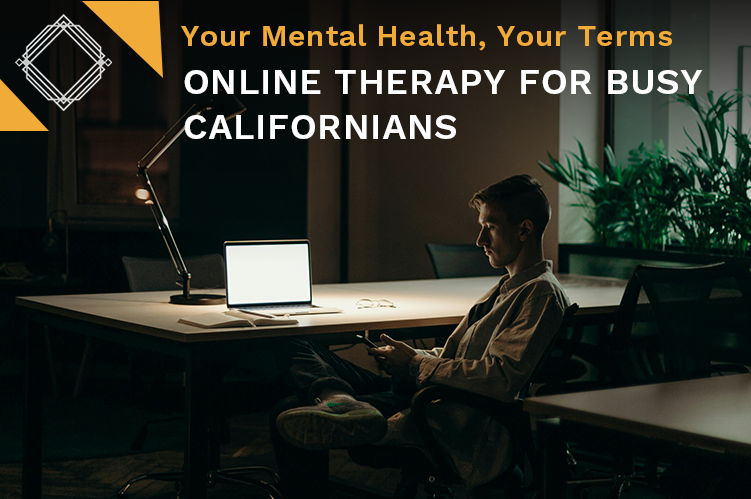

Accessing mental health services is essential for maintaining overall well-being, yet many individuals find navigating the system challenging. California offers a variety of mental health services aimed at supporting residents in managing and improving their mental health. This article provides a detailed guide on accessing California mental health services, covering public and private options, Eligibility, costs, and resources.
Understanding California Mental Health Services:
California mental health services are comprehensive and include a wide range of treatments and supports for individuals experiencing mental health issues. These services are available through both public and private sectors and are designed to meet the diverse needs of the state’s population.
Public Mental Health Services:
Public mental health services in California are primarily funded by the state and federal governments. County mental health departments often provide these services and are designed to serve low-income individuals, those without insurance, and other vulnerable populations.
Private Mental Health Services:
Private mental health services include private practitioners, hospitals, and clinics. Private health insurance plans usually cover these services, although out-of-pocket costs may vary.
Steps to Access California Mental Health Services:
Identify Your Mental Health Needs:
Before accessing services, it’s crucial to identify your mental health needs. Consider whether you need emergency care, ongoing therapy, medication management, or specialized services for conditions like depression, anxiety, or substance use disorders.
Determine Eligibility:
Eligibility for California mental health services depends on various factors, including income, insurance status, and residency. Public services often have specific eligibility criteria:
Medi-Cal Recipients: Medi-Cal, California’s Medicaid program, provides comprehensive mental health services to low-income individuals and families.
Uninsured Individuals: Those without insurance may still qualify for county-funded services based on income and need.
Special Populations: Veterans, children, and individuals with severe mental illnesses may have access to specialized programs.
Accessing Public Mental Health Services:
Medi-Cal and Medi-Cal Managed Care:
Medi-Cal is a significant provider of mental health services in California. To access services through Medi-Cal:
Apply for Medi-Cal: If you still need to enroll, apply through the California Department of Health Care Services (DHCS) or your local county social services office.
Managed Care Plans: Once enrolled, you may be assigned to a Medi-Cal managed care plan that includes mental health services. Contact your plan for specific details on how to access these services.
County Mental Health Departments:
Each county in California has a mental health department that is responsible for providing mental health services to residents. To access these services:
Locate Your County Department: Visit the California Department of Health Care Services website for contact information for your county mental health department.
Initial Assessment: To determine your mental health needs and service eligibility, schedule an initial assessment.
Services Provided: Depending on your assessment, you may receive services such as therapy, case management, crisis intervention, and medication management.
Accessing Private Mental Health Services:
Private Health Insurance:
Your plan will likely cover mental health services if you have private health insurance. To access these services:
Check Your Benefits: Review your insurance policy to understand what mental health services cover, including therapy, inpatient care, and medications.
Provider Network: Use your insurance company’s provider directory to find in-network mental health professionals.
Authorization and Referrals: Some services may require prior authorization or referrals from your primary care physician.
Out-of-Pocket Services:
For those who prefer or need to pay out-of-pocket for mental health services:
Private Practitioners: Look for licensed psychologists, psychiatrists, social workers, and counselors in your area.
Cost and Sliding Scale: Discuss costs upfront and inquire if the provider offers a sliding scale fee based on income.
Emergency Mental Health Services:
In case of a mental health crisis, immediate help is available through several resources:
Emergency Rooms: Hospital emergency rooms provide immediate care for mental health crises.
Crisis Hotlines: National Suicide Prevention Lifeline (1-800-273-8255) and local crisis hotlines offer 24/7 support.
Mobile Crisis Teams: Some counties have mobile crisis units that can respond to mental health emergencies on-site.
Specialized Mental Health Programs:
California offers several specialized mental health programs for specific populations:
Veterans:
Veterans Affairs (VA): The VA provides comprehensive mental health services for veterans, including counseling, therapy, and substance abuse treatment. For more information, contact your local VA office or visit their website.
Children and Adolescents:
School-Based Services: Many schools offer mental health services through counselors and psychologists.
California Children’s Services (CCS): CCS provides specialized care for children with serious health conditions, including mental health services.
Substance Use Disorders:
Substance Use Disorder Services: Many counties provide integrated mental health and substance use disorder services. Contact your county mental health department for details.
Resources and Support for Accessing Mental Health Services:
Mental Health America of California (MHAC):
MHAC provides resources and advocacy for individuals seeking mental health services. Their website offers information on mental health conditions, treatment options, and support groups.
National Alliance on Mental Illness (NAMI) California:
NAMI California offers education, support, and advocacy for individuals affected by mental illness. They provide resources on navigating the mental health system and connecting with local support groups.
California Department of Health Care Services (DHCS):
DHCS oversees public mental health services in California. Their website provides information on Medi-Cal, county mental health departments, and other state-funded mental health programs.
California Office of the Patient Advocate (OPA):
OPA helps Californians understand their healthcare rights and access mental health services. Their website offers guides on selecting health plans and understanding mental health coverage.
Overcoming Barriers to Access:
Accessing California mental health services can be challenging due to various barriers, including Stigma, lack of awareness, and logistical issues. Here are some tips to overcome these barriers:
Education and Awareness:
Increasing awareness about mental health and available services is crucial. Community programs, schools, and workplaces can play a significant role in educating individuals about mental health.
Reducing Stigma:
Efforts to reduce Stigma around mental health can encourage more people to seek help. Sharing personal stories, promoting mental health awareness campaigns, and fostering an inclusive environment can help break down these barriers.
Transportation and Accessibility:
Transportation can be a significant barrier to accessing services, especially in rural areas. Look for providers that offer telehealth services or inquire about transportation assistance programs.
Language and Cultural Competence:
Language and cultural differences can hinder access to mental health services. Seek providers who offer services in your preferred language and are culturally competent.
Financial Assistance:
For those facing financial barriers, there are options for assistance:
Sliding Scale Fees: Many providers offer sliding scale fees based on income.
Financial Aid Programs: Some counties and non-profit organizations provide financial aid for mental health services.
Conclusion:
Accessing California mental health services is essential for maintaining good mental health and overall well-being. Individuals can find the support they need by understanding the available resources, eligibility criteria, and steps to access both public and private services. Whether through Medi-Cal, county mental health departments, private insurance, or specialized programs, California offers a wide range of mental health services to meet the diverse needs of its residents. Overcoming barriers such as Stigma, transportation, and financial constraints is crucial to ensuring everyone can access the mental health care they deserve. By leveraging available resources and support, Californians can take proactive steps toward better mental health.





